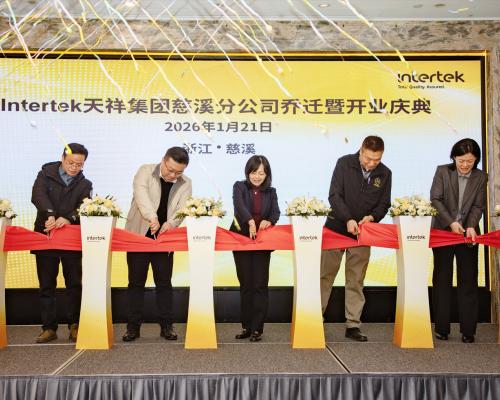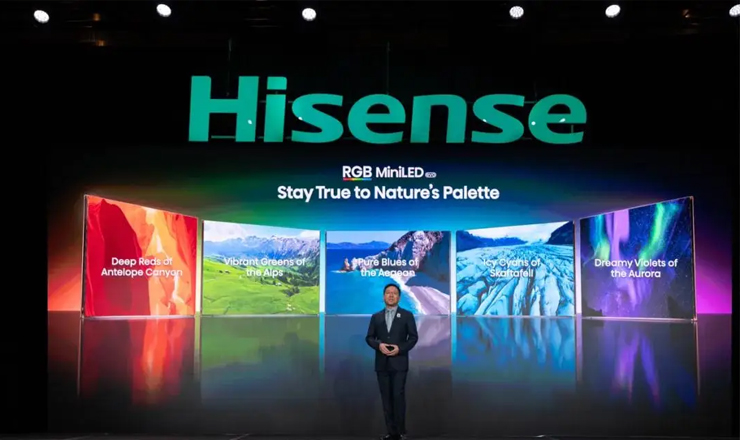......... TheGrimoire ofMarisa
HUANG+Jing
【Abstract】Quality services provided for customers by highly skilled and responsible hotel employees ensure customer retention and the success in running a hotel. This paper focuses on certain fundamental factors that need to be considered for retaining experienced and skilled employees to guarantee the healthy growth of the hotel businesses.
【Key words】Employee loyalty; Customer loyalty; Healthy growth
0 Introduction
Identifying Prospective Loyal Employees Right from Recruitment
(1)Locating Prospective Loyal Employees from a Pile of Resumes
(2)Judging an Applicants Loyalty from His View about Previous Employers through Well-designed Questions
(3)Offering the Right Post to the Right Candidate Is a Mission Possible: Factors That Help Employers Make the Right Decisions in Recruitment
(4)A Companys Decent Record of Good Reputation is Akin to a Strong Magnet for Prospective Loyal Employees
1 The Making of Loyal Employees
Introduction
At many hotels in major Chinese cities, the services are often degraded by the poor performances of the employees: they are physically there at work, but their minds are apparently not. Clerks just come and go: employee retention is pretty low except for the privileged few in the management. Those who choose to stay tend to lack motivation and enthusiasm in work. To the management of such hotels, employee loyalty is a luxury.
Employee loyalty is essential to a companys business operation and growth, because only loyal employees will willingly take initiatives in their work and provide high-quality service for customers, which in turn wins stable and even increasing patronage. But how can we improve employee loyalty? Through careful literature reading, it can be found that there is no one-fit-all approach to it, and the following three tips crucial for loyalty improvement have been gathered. They will be discussed in the following two chapters.
2 Identifying Prospective Loyal Employees Right from Recruitment
Trying to make disloyal employees loyal to the company takes tremendous time, money and effort and it may still turn out a failure. For an employee who is not inclined to be loyal will probably remain the same. So it would be better if you could hire prospective loyal employees right from recruitment. But how? Here are some suggestions.
(1)Locating Prospective Loyal Employees from a Pile of Resumes
A careful reading of the details of the resume can be of great help to human resource managers in locating prospective loyal employees. The following two aspects deserve special attention: length of employment and frequency of job hopping.
So read resumes carefully. An applicants previous working experiences may well indicate his future behavior and performance. If a candidates resume shows that he has hopped from job to job quite frequently, then chances are that “youll be searching for their replacement well before their annual review” (Mike Michalowicz, 2010). So length of employment and frequency of job hopping are good indicators of whether an applicant will be loyal to the new company. It is also important to remember that when recruiting candidates, interview them with retention in mind: do not considering recruit someone just because of his professional competence. Anyway, you dont want to waste time and energy in recruitments many times in a year.
(2)Judging an Applicants Loyalty from His View about Previous Employers through Well-designed Questions
According to Michalowicz, why an applicant quitted previous jobs and how he remarks his previous employers can provide hints as to whether he will be loyal to his new employer and shed light to his personal characters. If his remarks are mostly positive, its a good sign that he will be the one you want to hire. So design some questions concerning his past working experiences. Ask an applicant, for example, why he quit previous jobs and if he had attempted to solve his dispute with the company before quitting, or if he just left without exerting any serious effort. Ask him how he comments on his previous employers and the places where he worked. Such comments may provide hints on his personality traits and they may help you decide whether you will hire him or not.
(3)Offering the Right Post to the Right Candidate Is a Mission Possible: Factors That Help Employers Make the Right Decisions in Recruitment
Keeping a qualified and efficient employee working for you loyally for a desired length of time is not easy, especially when he finds a better offer from another company. Furthermore, at this drastic downturn of economy worldwide, some applicants accept job offers just because they have no choice but to take them—they need to financially support themselves and their families. Such new employees may not necessarily be committed to their jobs (Insala, 2007). Worse still, some short-sighted employers only keep an eye on the corporate expenses: they recruit applicants just to fill the vacancies, and they would take applicants who would accept relatively low pay without seriously considering how the applicants feel about the jobs and about the working environment (Petrecca 2011).Employers should well understand that employees can be loyal only when they feel satisfied and happy working on their new posts (Hunter 2011).
But how can employers determine that prospective employees feel satisfied and happy then? Rose and Gordon have hypothesized and identified the top five influential reasons for employees to decide on accepting a job offer via data collection and analysis. They are ‘job security, ‘interesting work, ‘work related to degree, ‘location and ‘career development (Rose & Gordon 2010). Through carefully designed questionnaires and interviews with quite a number of candidates from all age groups, they find that how strongly some of these factors affect a candidates decision is obviously related to the age group where he belongs. According to their research findings, while ‘interesting work and ‘job security retain their great influence all the way from junior candidates to senior ones, factors like ‘work related to degree and ‘career development find their influence diminishing with the growth of age. ‘Work location, quite obviously, becomes increasingly important from 30 years of age on. This is probably because candidates above 30 mostly have a family and feel pretty reluctant to move about with their families for getting a job elsewhere, or to get away from their families to a new job in another city.
Aside from the above four most influential factors, an additional set of factors suggested by Hasan are also critical in guaranteeing the recruitment of prospective loyal employees.Namely,decent pay,recognition for a job well done,feeling of personal accomplishment, team cooperation,participation in corporate decisions that employees own benefit,self-improvement,working conditions,opportunities for getting promotedand professional growth and clear awareness of the employers expectation (Hasan 2007).
In order to successfully recruit prospective loyal employees, employers should not only consider their own needs and interests, but also take into account the candidates needs, interests and concerns. They should understand that loyal employees are also great asset to a company.
(4)A Companys Decent Record of Good Reputation is Akin to a Strong Magnet for prospective loyal employees
The way you treat your past and present employees may also affect your recruitment. If a man is given a choice of job offers, which do you think he will select? Most probably he will take the one with the best professional reputation (RW Special Reports). So past and present employees positive feedback can be quite instrumental to a companys recruitment.
【References】
[1]Michalowicz, M.(2010).3 Surefire Ways to Gain Employee Loyalty.www.openforum.com.Hasan, S. (2007). Motivating Your Staff. Directory Journal.
[2]Rose, D.M. and Gorden, R. (2010). Retention Practices for Engineering and Technical Professionals in an Australian Public Agency. The Australian Journal of Public Administration, vol. 69, no. 3.Petrecca, L. (2011) Workers Antsy as Morale Plunges. www.usatoday.com/news.
[3]Office Communication Toolkit: 10 tips for managers on active listening skills, motivating employees, workplace productivity, employee retention strategies and change management techniques.(2009). Business Management Daily.CBT Staff (2011) Benefits package key to keeping employees loyal, satisfied. Columbia Business Times.
[責任编辑:朱丽娜]






